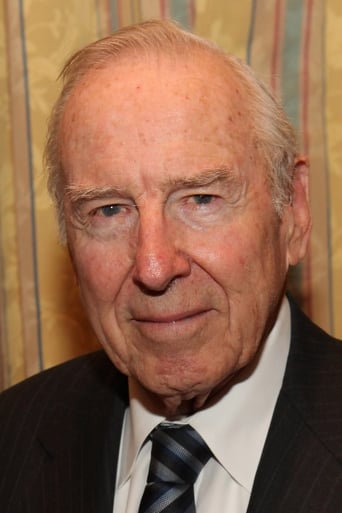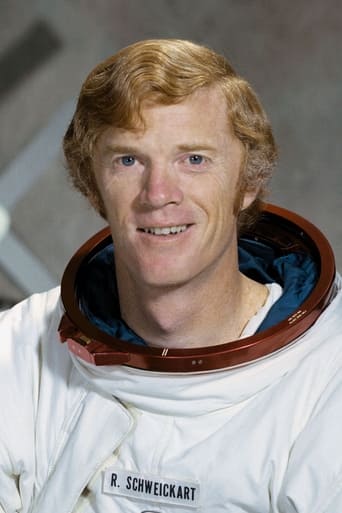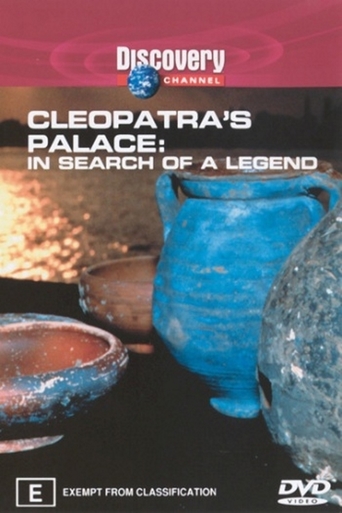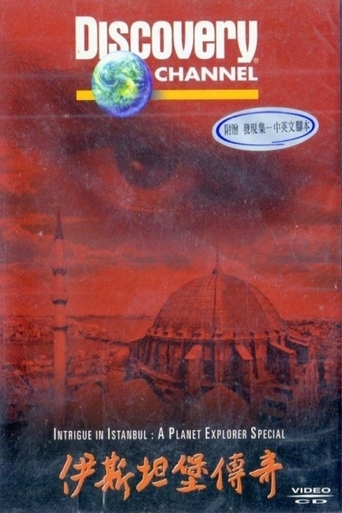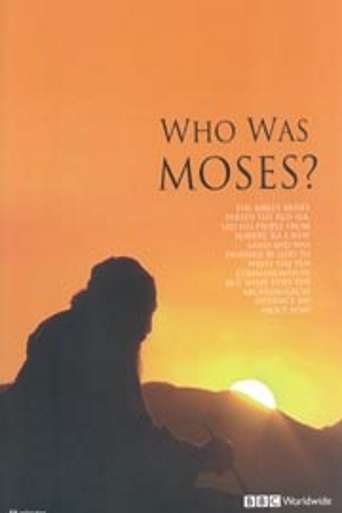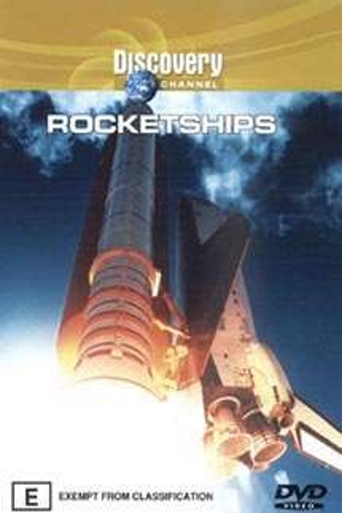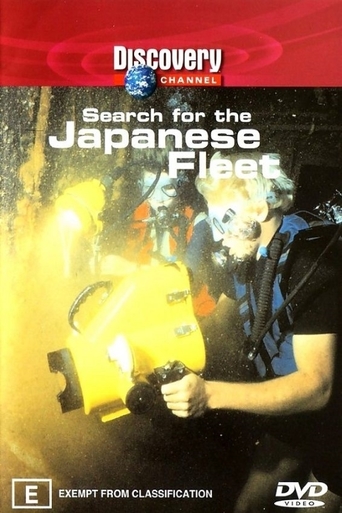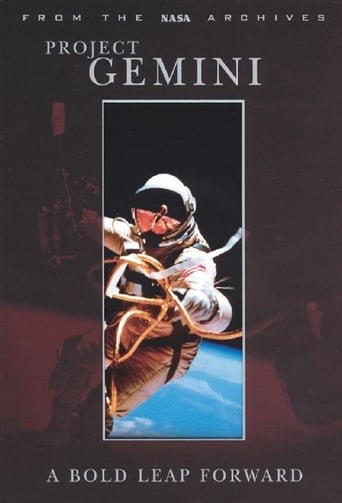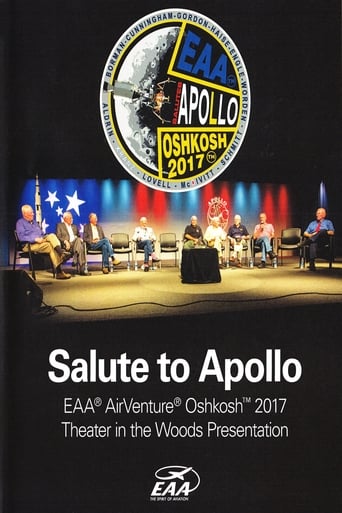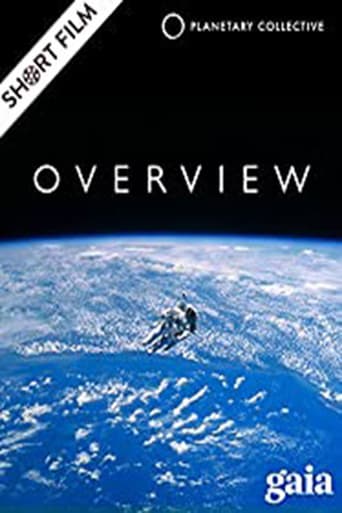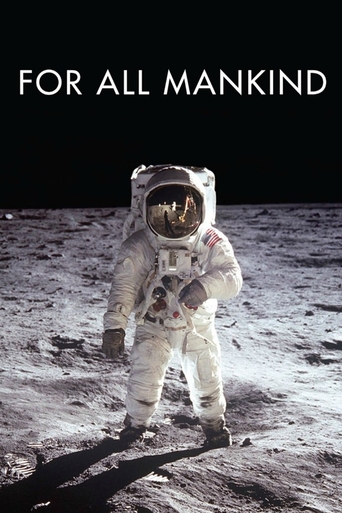
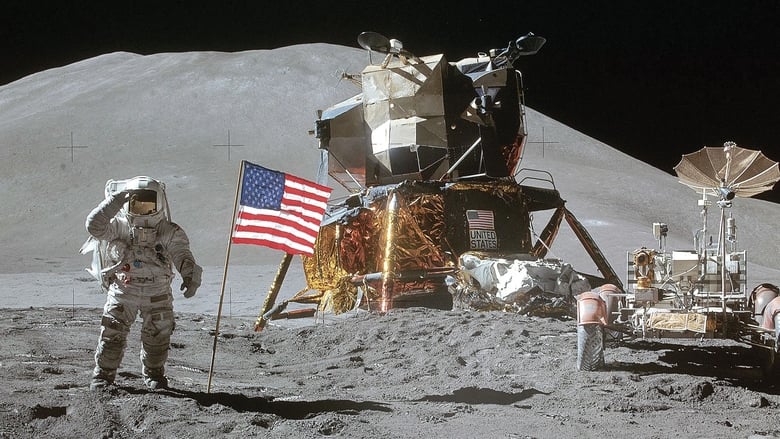
For All Mankind (1989)
A testament to NASA's Apollo program of the 1960s and '70s. Composed of actual NASA footage of the missions and astronaut interviews, the documentary offers the viewpoint of the individuals who braved the remarkable journey to the moon and back.
Watch Trailer
Cast
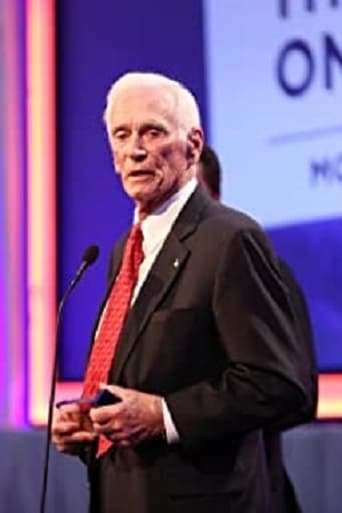


Similar titles
Reviews
Unlike David Sington with 'In The Shadow Of The Moon' 18 years later, 'For All Mankind' director Al Reinert doesn't address conspiracy theories about faking the moon landings. He doesn't need to, he's just sat through 6 million feet of film from the Apollo and Gemini missions. He has watched President Kennedy's speech about putting a man on the moon in which he makes clear that the technology for doing this has not even been invented yet. He has seen the tragic deaths of the crew of Apollo 1 in a roaring fireball in a test before they even got off the ground. He has seen footage of touchdowns and take-offs from the lunar surface. He has heard hours of detailed communications between astronauts and the ground crews. There is no need to waste screen time in addressing idiots. It reminds me of seeing a protest against Scientology in Edinburgh; to me, Scientology is so ridiculous that to protest against it gives it a weight that it doesn't deserve. Interestingly, Reinert also doesn't waste screen time on most of the things that 'In The Shadow Of The Moon' would take up; the cold war, the fighter pilot backgrounds of the Apollo crews. That film takes a more conventional all-around documentary approach, with close-up talking heads whose names and missions are restated on-screen each and every time they speak. With this film there is none of that, in fact it's often difficult to decipher who is speaking and which particular mission footage is from, or even if the voice and the footage are from the same flight.The different missions are instead merged together in a single sequence, beginning on the launch pad, all the way into orbit, lunar landings, reconnaissance on the surface, take-off and return. Each mission was essentially the same as any other from Apollo 11 onwards, with the exception of Apollo 13 which blew an oxygen leak and had to be abandoned. The drama of that situation is massively underplayed here, there are none of the great sweeping strings moments, we have only highly professional men doing highly specialised jobs... at least until we get out of earth's gravitational field.What follows from this point is the strength of 'For All Mankind'. Everyone has heard about the cold war, beating the Russians, the whole world watching on TV as Neil Armstrong comes down the ladder. Our sense of wonder was in looking at them, their sense of wonder was in looking at what they could see and experience directly. As soon as the gravity departs, these ultimate professionals become children again, spinning torches in zero gravity, bouncing around on the moon singing "tum ti tum ti tum..", playing country music on tape recorders, listening out for college football scores. We even see astronauts messing around so much that they go sprawling on the ground, only to end up scolding each other for getting so dirty.Not telling us exactly what is going on, or who is speaking, or exactly what you are watching can be frustrating, but it allows us a view of events free from the context of politics, nostalgia, even personality at times. Dave Scott of Apollo 15 stands looking upon the Moon's hilly terrain and observes "I realise there's a fundamental truth to our nature... Man must explore". Absinthe minds will enjoy the sense of wonder that comes from seeing people on the surface of another world, far increased over most film representations by being real footage with real people.Even so, there is a little directorial dishonesty, or artistic license depending on how you want to look at it. Scenes from Gemini are inserted to appear like those from Apollo. Kennedy's opening speech has a word dubbed, altered from "for the progress of all people" to "for the progress of all mankind", in order to better suit the purposes of the film. Understandable, perhaps, but why fiddle it? Similarly a memorable audio clip describing how the Moon was perfectly lined up ahead of the space shuttle as it stood on the launch pad is accompanied by a clip showing this. The only problem is that this footage did not exist - it was created for the film by pasting a photo of the Moon over the command module, now in a museum. Again, understandable, and seeing the Moon through that window alongside the description is indeed memorable. but when you find out that it was created and inserted it's a bit of a let down, like finding out that the Ramones legendary live album 'It's Alive' was largely re-recorded in a studio afterwards.What isn't at all a let-down is the Brian Eno soundtrack, whose eerie ethereality keeps you in mind of the dimensions of space as compared to the delicate tin can of the lunar lander modules. The fragility of these vehicles is best summed up by the little windows, which look almost impossibly delicate given that one small breach would mean near-instant death for all on board. Amidst the euphoria and clowning, Eno retains and carries our sense of delicacy and amazement.
I saw this film at a very, very young age and I suspect that it is the reason I developed a heavy interest in space exploration. I recently saw this again for the first time in many years since all I had was a vague recollection of it. And after watching many times since then I have no problem saying that this is one of the best documentaries ever made.One must give the film's director, Al Reinert, at a ton of credit for his work. Who else could have come up with the brilliant notion behind this film? Who would have thought of taking footage from all of the Apollo missions (and a couple of the Gemini missions) and combining them with the words of the men who went where no one had (or has since) gone before? (Apologies for paraphrasing Star Trek) The genius of this film is that it shuns away from traditional documentary styling. Instead of compiling facts on one mission and having a well known actor/actress do the narration, the film lets those who went tell the story. Who else is better qualified? They might not be professional actors, but the astronauts don't need to be. It is the power of the events they describe that is the main reason for their presence. They are a powerful voice in this story.In many reviews I have read, I have seen complaints about the mixing of footage or the use of footage out of its context (a Gemini reentry used for the TLI burn for example). Yes the mixing is nowhere near subtle and is, thus, blatantly obvious. But it is my feeling that this mixing was necessary. The only way to get across the story of Apollo's achievement to the average person was to mix the footage. Does it really matter in the end? I mean by that this: the film isn't about a single mission to the Moon. No, the power of Apollo lies not in each mission, but in the overall effect of the Apollo program. This film is about the journey of Apollo, the effect in had on the astronauts, and the effect it had on us all.If there is one element of this film that really stayed with men it was the music. It is among the most beautiful and haunting things you will ever here. Brian Eno does a marvelous job of conveying the mystery and majesty of both space and the Moon. This is one of those scores who really have to hear to believe.For All Mankind, perhaps better then anything else out there, demonstrates the power of humanity in space. For one to really appreciate this film it needs to be seen on a large screen in surround sound. Only then can one appreciate both the film and the power of the Apollo legacy. This is the first film I've seen that I recommend to everyone. This is a film that is truly "For All Mankind".
Watched it again last night, on the 35th anniversary of man's first walk on the moon. No need to reiterate what others have said here - it's simply a masterpiece, one of the finest, most moving documentaries ever made (especially compared to the half-witted hysterical polemics that pass for the form these days).It's sobering to think that the deeds recounted in this film are almost forgotten now. The Apollo program is arguably the pinnacle of human achievement, yet yesterday's anniversary passed with hardly a rememberance. I mentioned it to my wife, and she expressed skepticism that the moon landings ever took place! (to her credit, she watched the documentary with me). I consider myself fortunate to have lived in this time and in this place, and had the chance to watch as my countrymen, on behalf of all mankind, took our first, tentative steps on another world.
Without repeating all the good comments that have been mentioned by earlier reviewers, I will add what is unique for me.1. When Reinert wonderfully builds up the tension for the liftoff, it is more than a crescendo of power when those Saturn 5 rocket motors blast to life! I've had the film on VHS tape for about 10 years, and I still enjoy knocking the socks off of first time viewers when the surround sound system is allowed give its all as it shakes the house. If there were ice chunks on the outside of my house, they would surely shatter and fall just as they did from the rocket body as it slowly left the pad. UNBELIEVABLE! I once read that the Apollo rocket, if it all exploded at one time, would equal 80% of the Hiroshima atomic explosion in WW2. Imagine sitting atop that 31 story tall monster awaiting your fate on the launchpad.2. Eno's music- just can't say enough superlatives about this soundtrack. Like good art, there is plenty there to continue to pique your interest for years. He is a gift to all mankind for his work on this soundtrack, but that is just the beginning. He's been doing that high level of work for decades!GREAT FILM!!!


